
5 Powerful Ways To Coil Split Your Humbucker
Welcome back to the Fralin Pickups Workbench! Today, we’re discussing some exciting and unique ways to approach Coil Splitting with Humbuckers. There are a few different ways to Coil Split a humbucker, and we wanted to share the ones we use the most and analyze the pros and cons of each!
WHAT IS COIL SPLITTING?
Coil Splitting splits a humbucker into two single coils and sends one of the coils to ground.
Properly splitting a humbucker leaves you with a single-coil pickup, which provides more versatility and expands your tonal palette. This leaves you with a traditional single coil sound featuring a clearer pickup with bright wound strings. It’s a quick and easy way to add another dimension of tone to your humbucker guitars.
COIL SPLITTING METHODS:
There are more than a few ways to Coil Split a humbucker – and depending on the type of humbucker you have or what tone you’re trying to achieve, one of the coil splitting options below may fit the bill! But before we get into the methods, let’s first talk about the requirements to make this work.
The first requirement is to own a splittable humbucker in the first place. While it may sound obvious, you cannot split some humbucker designs. For instance, our Hum Cancelling P90s, Big Singles, P-92s, Split Blades, and Twangmasters cannot be split. Our Pure P.A.F., Modern P.A.F, and High Output humbuckers can, however.
The other consideration when wiring your guitar for coil splitting is making sure you have the correct lead. You cannot split a Humbucker with Gibson Braided Lead or 2-Conductor With Shield Lead. The only splittable humbucker lead is 3-Conductor or 4 Conductor, as illustrated below:


The last consideration when designing a new coil split wiring scheme involves your pickup’s output. Low-output humbuckers like our Pure P.A.F. sound pretty “wimpy” when split. When splitting a 7.5K Humbucker, a 3.75K Single Coil pickup remains, which doesn’t have enough output to match other single coils (our Vintage Hots come in at 6K, for reference). If you’ve made it this far – don’t worry – we have a solution for this! Now, let’s get to our coil split methods:
COIL SPLITTING METHOD 1: BASIC
Let’s start with the basics. Let’s assume you want to split a single humbucker. The best way to do so is with a Push-Pull Pot, like one of our CTS® or Alpha® Push-Pull Pots. Here’s how to wire it up:
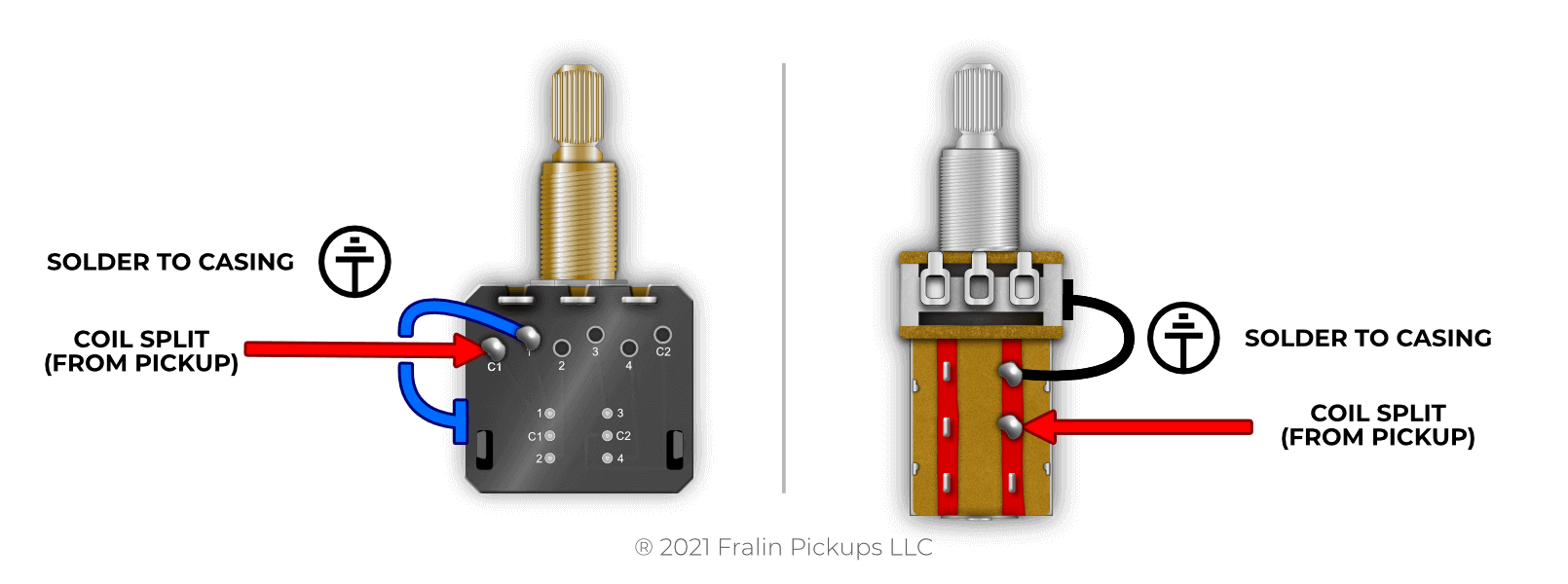
The above image sends one coil of the humbucker to ground when the push-pull pot is pulled up. The easiest way to send a coil to ground is to run a wire from the push-pull switch to the casing of the pot, assuming the pot is grounded properly.
If you’re not sure how the above works, check out our easy-to-follow article on How Coil Splitting Works!
METHOD #2: SPLITTING TWO HUMBUCKERS AT ONCE
This method is great if you want a “Master Coil Split” option for your instrument. By pulling up on the Push-Pull Pot, you split both humbuckers at once, leaving you with two single coils in one fluid action.
This is a handy method if you have an HSH Strat, where you can instantly turn your Strat into an SSS Strat with one pull of the switch.
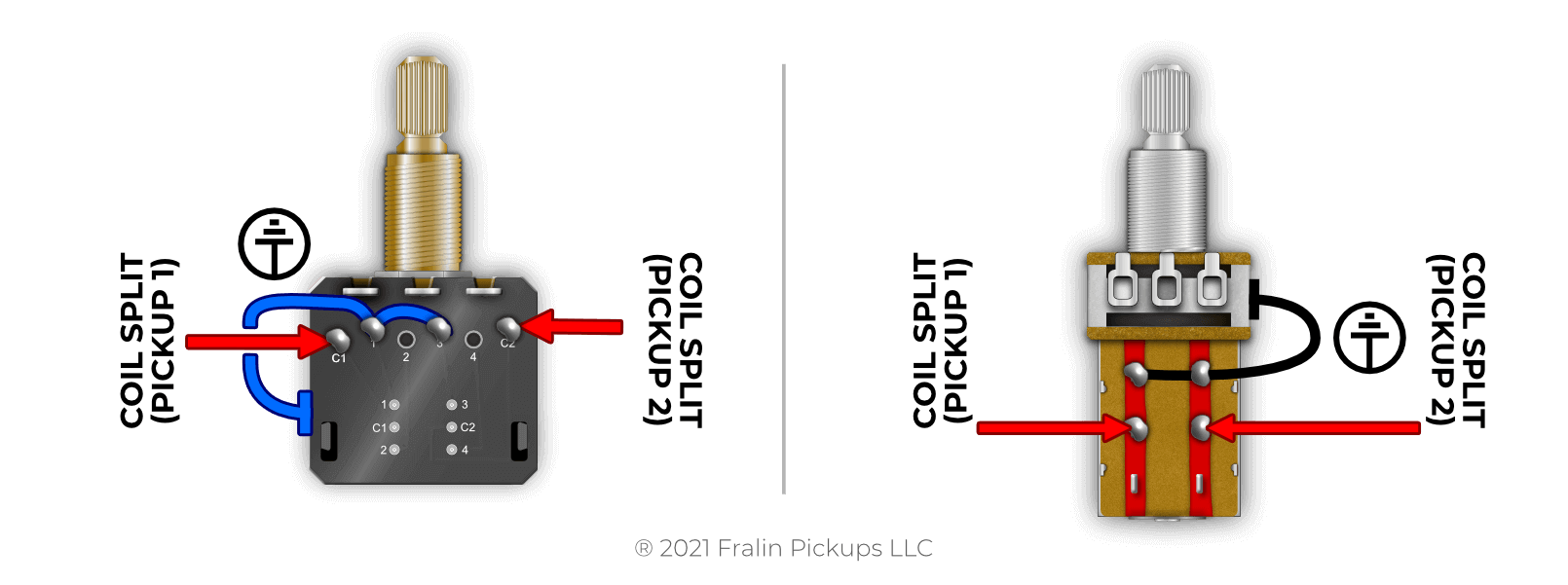
If you’re not sure how Push-Pull Pots work, I have a couple articles to make you a Push-Pull-Pot Pro!
METHOD #3: PARTIAL SPLIT
So, remember when we were talking about coil-splitting requirements and mentioned low-output humbuckers and how they can leave you with a wimpy single coil? Well, here’s the answer. Instead of splitting your humbucker directly to ground, we split a humbucker through a resistor to ground:
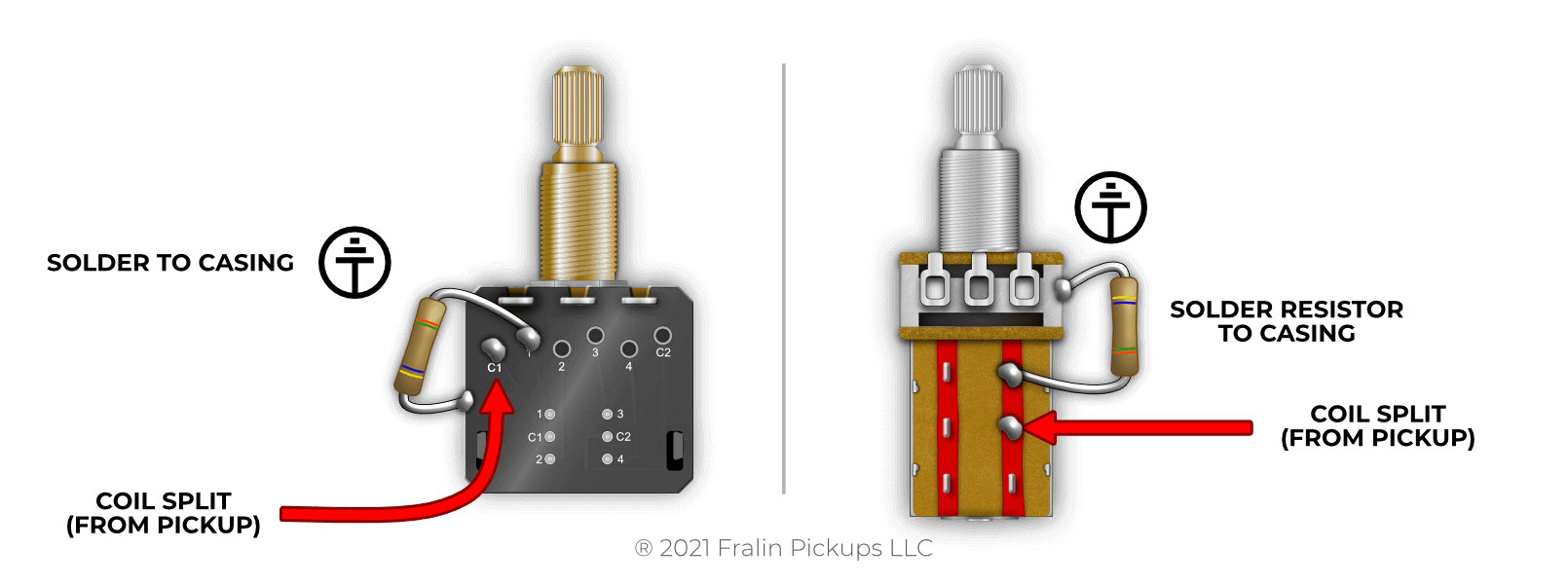
This “resists” some of the signal, preventing it from going to ground in the first place, leaving you with a much stronger and more usable single-coil tone. The Partial Split Resistor is the perfect value, and when splitting a 7.5K Humbucker, it leaves you with a ~5.7K Single Coil – a much stronger single-coil tone than splitting the humbucker in half.
METHODS # 4 & 5: GRADUAL SPLITTING
Lindy and I’s favorite method, Gradual Splitting, does what it sounds like it would do: it allows you to split your humbucker gradually, not unlike turning the volume down on one coil slowly. It’s valuable and will enable you to achieve even more versatility and functionality than just a simply Coil Split.
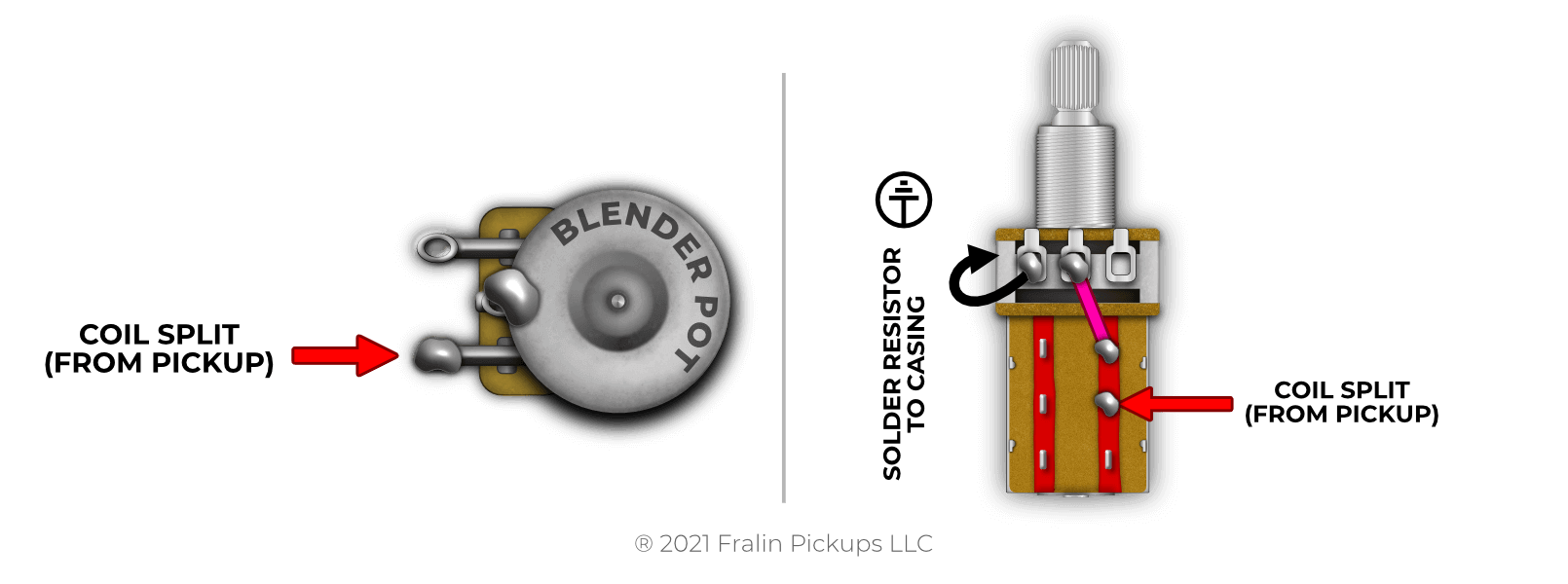
In the Left Image, we use a Blender Pot to split the humbucker gradually. This requires no Push-Pull pot and works excellent on an H-S-S Strat. By turning the Blender Pot, the slug coil gradually disappears!
In the Right Image, we use a Push-Pull pot to engage the Gradual Split. There’s no real difference between the two, but I figured we’d show you both just in case you don’t have a Blender Pot laying around.
I hope you found this article helpful! Thanks for reading, and see you next time.
Comments
25 Comments For This Post
Leave A Comment
Want to chime in to the conversation? Please do so! Please respect others.



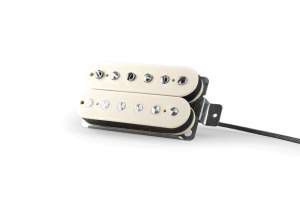
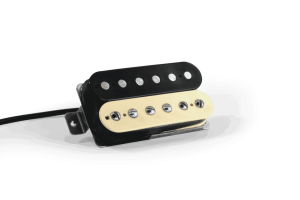
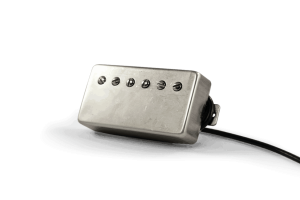
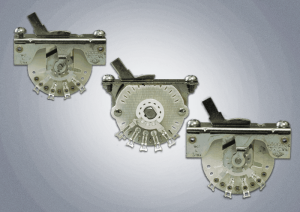
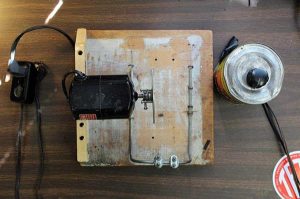


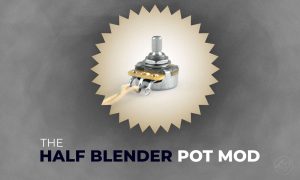
I’ve got several wiring questions since I’ve never messed around with it and would love a diagram drawn up and or some explanation maybe on if what I’m wanting is even realistic. Id love if someone could reach out!!
[email protected]